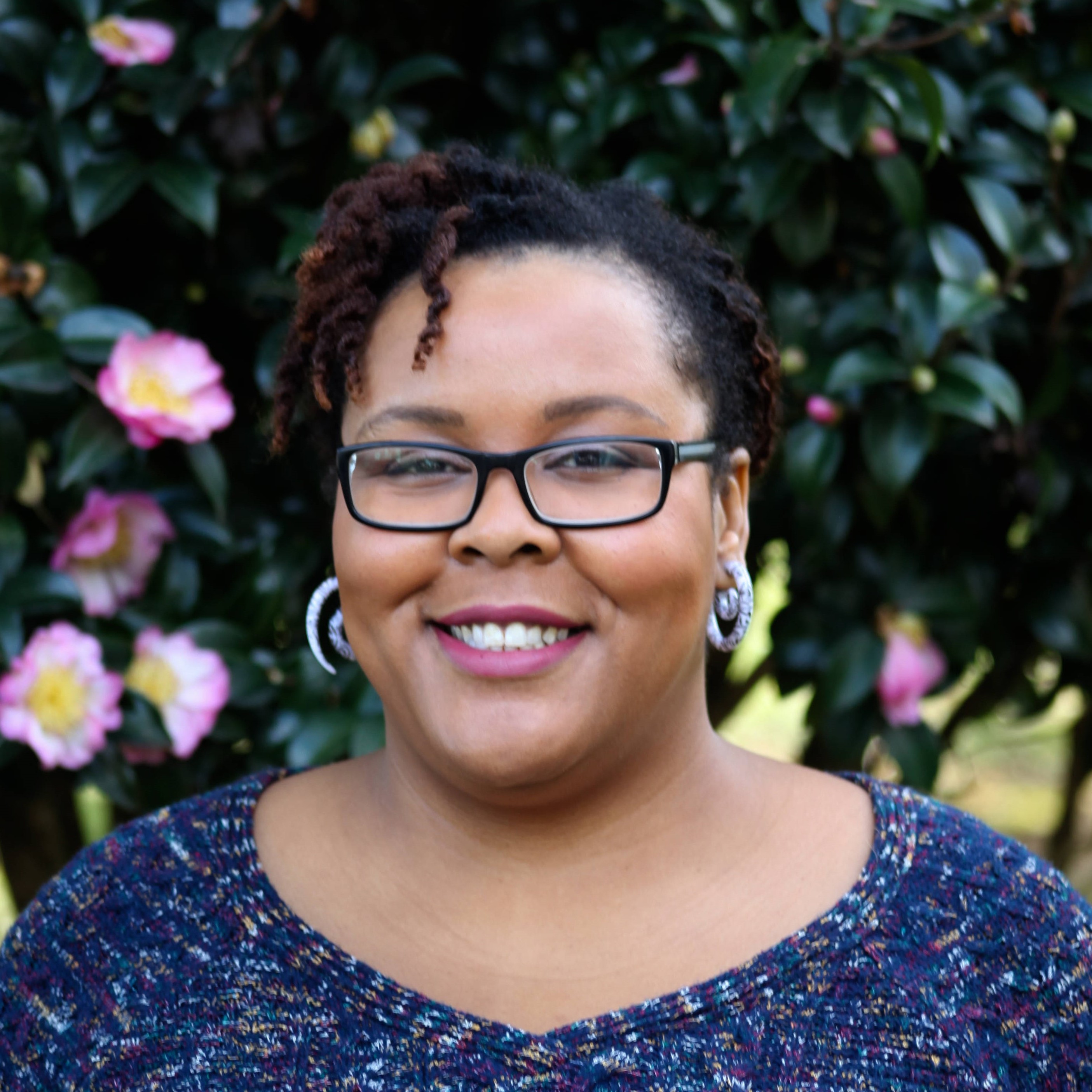Amidst an Attack on the ‘Feminine’ : A Women’s Herstory Month Reflection
 As I come to the close of Women’s Herstory Month 2023, I realize that the mood and the emotional tone of this month have not felt celebratory. I have not paused to bask in the glow of my connected intersectional womanhood. Instead, as I look towards the rest of the year it has felt much more like preparing for battle. I am reminded of this scene: The Woman King Exclusive Movie Clip - Preparing for Battle (2022). We are very much living through an attack on the womxn and feminine as evidenced by the gutting of reproductive health & the adoption of anti-abortion laws, the rise in anti-trans legislation including anti-drag queen laws, and so much more.
As I come to the close of Women’s Herstory Month 2023, I realize that the mood and the emotional tone of this month have not felt celebratory. I have not paused to bask in the glow of my connected intersectional womanhood. Instead, as I look towards the rest of the year it has felt much more like preparing for battle. I am reminded of this scene: The Woman King Exclusive Movie Clip - Preparing for Battle (2022). We are very much living through an attack on the womxn and feminine as evidenced by the gutting of reproductive health & the adoption of anti-abortion laws, the rise in anti-trans legislation including anti-drag queen laws, and so much more. - Reproductive health - I am going to make a controversial statement, brace yourself. All humans should be able to make decisions regarding their bodies, their sexual health, and their reproductive journey. This includes access to birth control/contraception, safe abortion, assisted reproduction, prenatal care, obstetric care, and the ability to live this out in a safe, sustainable community. Full stop.
- Anti-abortion laws - 12 states have near complete abortion bans. Some states are attempting to ban emergency contraception and states are even attempting to prosecute those seeking abortions. Public health scholars predict that banning abortion will dramatically increase the number of deaths due to pregnancy complications and unsafe abortions. And to add insult to injury, intersectionality reminds us that the Black, brown, and low-income communities that are the most directly impacted by the lack of access to reproductive health, are the same communities that are most impacted by food deserts, environmental racism, and climate change.
- Anti-trans legislation - As a gender-queer femme, (meaning I use them/them pronouns and my gender expression is often feminine) I am watching the spaces in which I feel safe to simply exist narrowing drastically. According to an article by the Washington Post, this wave of anti-trans legislation began in my home state of North Carolina in 2016 with the “bathroom bill.” In 2019, 19 bills were introduced. By 2021, there were 115 bills introduced across 34 states, and in October of 2022, there were 155 bills introduced. In March of this year, Tennessee became the first state to ban public drag shows with 14 other states closely following suit. You may be wondering how I am connecting anti-trans legislation to an attack on the feminine. The cisgender male patriarchal ecosystem upholds the image of a man as the pinnacle of society and therefore, balks at the idea that a person would “choose” to leave “manhood” behind to “become” a woman. The disruption of gender causes such bewilderment and fear that in order to have a modicum of control, anti-trans legislation is infecting our nation.
So, in the midst of wading through these issues in our personal lives, we are educators. What’s our call to our students? I want to challenge you to look at your curriculum and question:
- Do you teach about gender-bias, sexism, cis-sexism, and transphobia? Do you explore how these -isms show up in spiritual care spaces?
- Do you encourage your students who come from, or participate in, theist traditions to wrestle with theologies that promote broken relationships with bodies, gender identities, and gender expression?
- Do you have time to process the impact of current events on your spiritual care context?
- Do you explore how the communities discussed above that are the most impacted by these legislations are supported and offered spiritual, physical, mental, and emotional care in your context?
All in all, society has shown us, we don’t have the option to continue in the status quo. We must be active participants in fighting the all-out attack on the womxn and the feminine.
If this topic is a longtime passion of yours, or this article sparked a new interest, please consider participating in the Sexual Orientation and Gender Identity (SOGI) Anti-bias Task Force. For more information, contact Tammerie Day at tammerie.day@unchealth.unc.edu.
Rev. Malu Fairley – Collins is an ACPE Certified Educator based in North Carolina, and is a denominational Endorser with the Alliance of Baptists. Malu is an outgoing member of the ACPE Anti-Bias Work Group. They can be reached at malu@allianceofbaptists.org.
